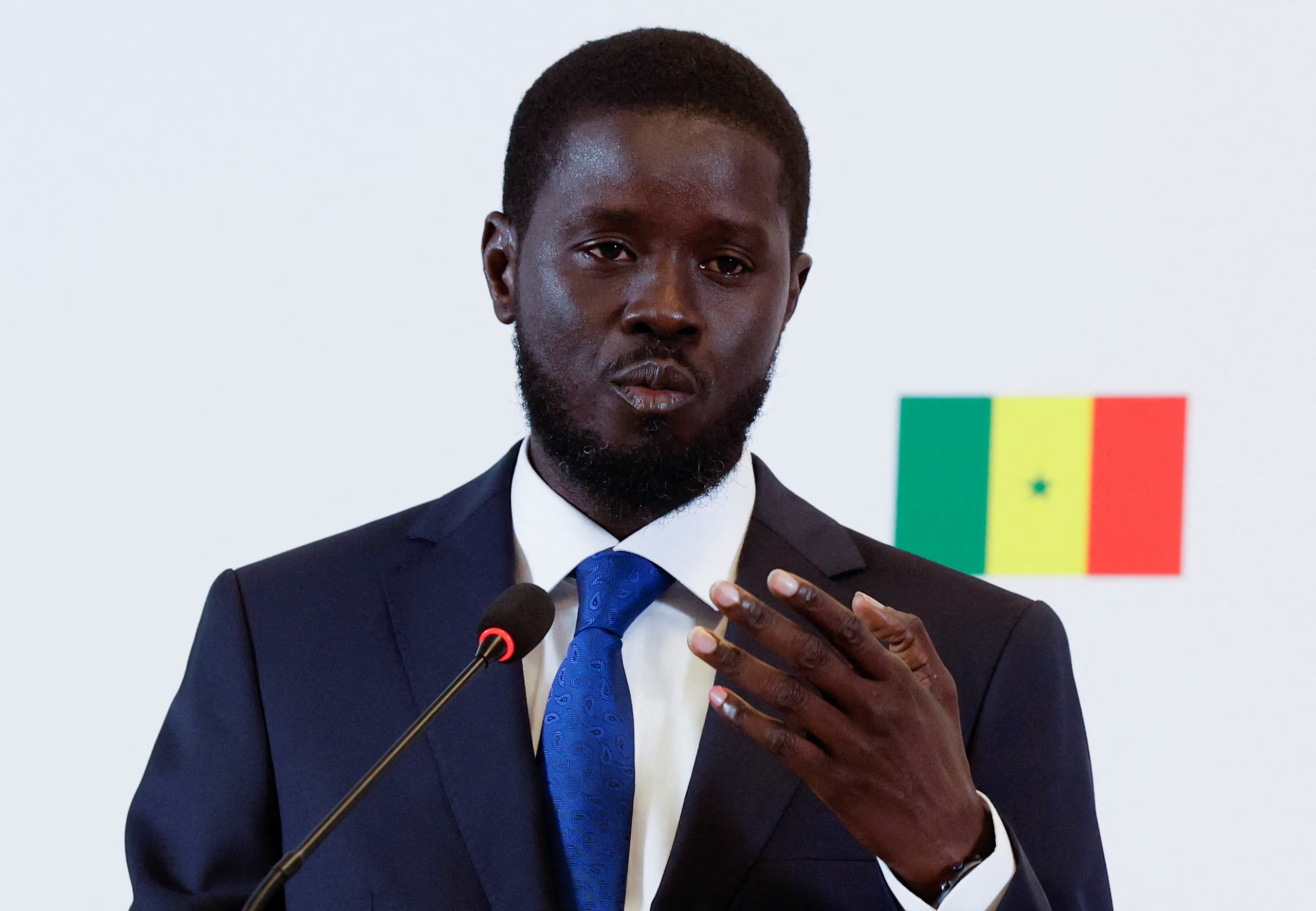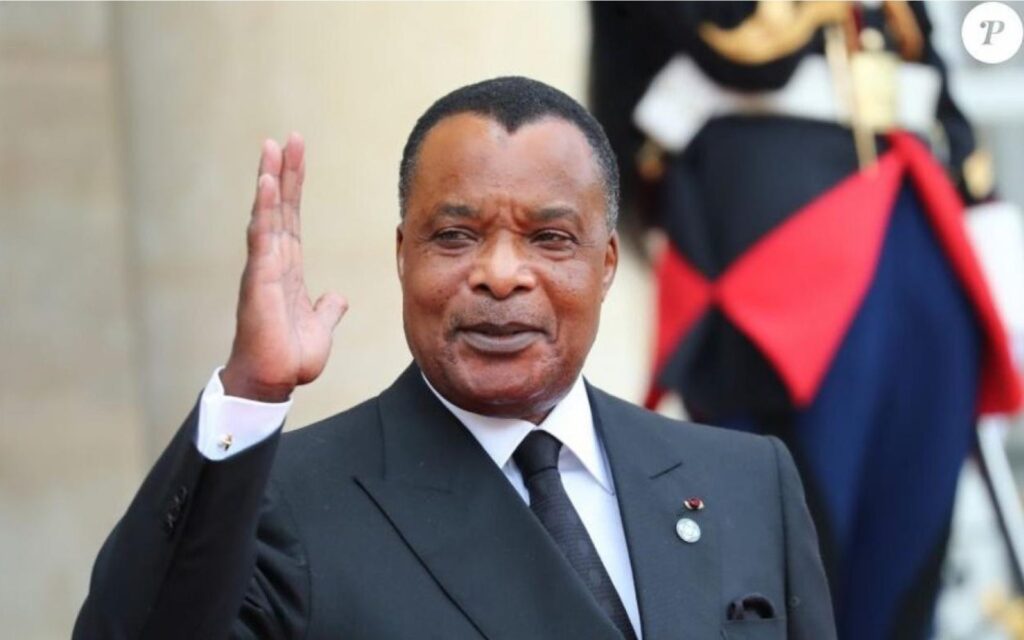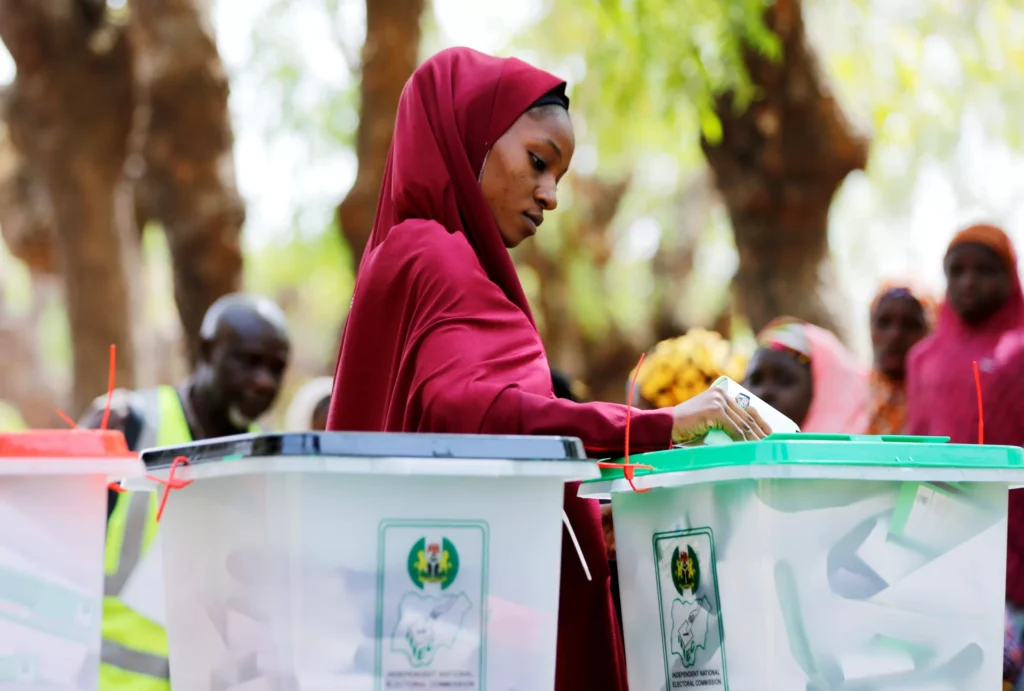
Senegal’s highest court has rejected a proposal to amend an amnesty law that could have paved the way for prosecutions related to the deaths of dozens of protesters during anti-government protests between 2021 and 2024.
Earlier this month, Senegal’s parliament had passed revisions to the law, originally enacted in March 2024 under former President Macky Sall, which pardoned offenses committed by both security forces and protesters. The amnesty was linked to violent protests surrounding the 2024 elections, which saw widespread unrest driven by fears that Sall was suppressing political opposition and attempting to extend his rule.
At least 65 people were killed, mostly by gunfire, in the unrest, marking Senegal’s deadliest violence since its independence from France in 1960. While the government and security forces denied any misconduct, witnesses reported that security forces fired on protesters.
Rights groups and legal experts had called for the repeal of the amnesty law, arguing that it left victims’ families without recourse to justice. The proposed revisions to the law, approved by lawmakers on April 2, sought to remove amnesty protections for crimes like murder, torture, and forced disappearances, unless they were linked to the exercise of public freedom or democratic rights.
However, the Constitutional Court ruled that these crimes violated the constitution and could not be pardoned under any circumstances, including through the amnesty law.
The decision was welcomed by the opposition coalition Takku Wallu Senegal, which had expressed concerns that the revisions would shield protesters accused of looting and inciting violence. Senegal’s ruling party, Pastef, also supported the ruling, noting that while their revisions were rejected, the court affirmed that individuals could still file complaints for serious crimes.
The amnesty law had led to the release of key political figures, including President Bassirou Diomaye Faye and Prime Minister Ousmane Sonko, just before they took office following the elections.




